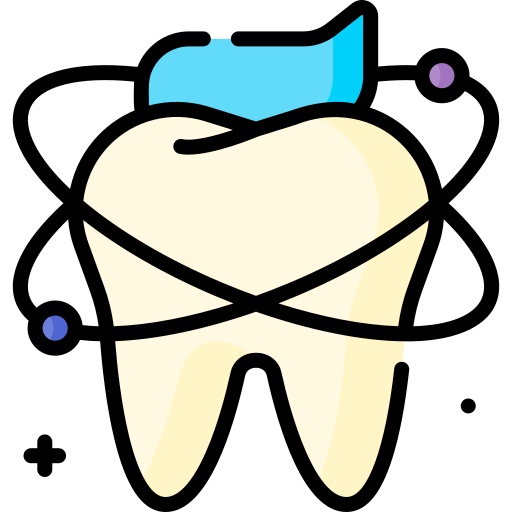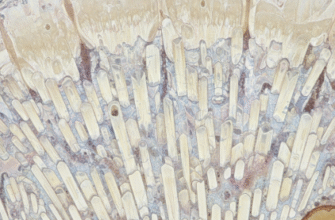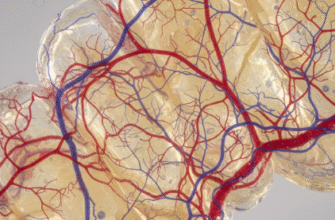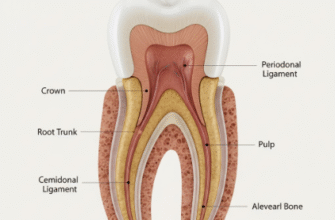Many people hold the belief that losing teeth is an unavoidable part of growing older, a natural consequence of the aging process much like developing wrinkles or grey hair. This idea, however, is more myth than reality. While it is true that older populations sometimes exhibit higher rates of tooth loss, this is not because age itself is the direct culprit. Instead, it is often the result of a lifetime of exposure to various risk factors, many of which can affect individuals at any stage of life. Significant tooth loss is not exclusively an issue for seniors; younger people can also face this challenge due to a range of underlying causes.
Understanding Why the Myth Persists
The notion that tooth loss is primarily an affliction of the elderly has roots in historical context. In past generations, dental care was less advanced, and understanding of oral hygiene practices was not as widespread as it is today. Consequently, older individuals from those eras may have experienced more tooth loss, creating a lasting impression. Furthermore, some conditions that can contribute to dental problems may become more prevalent or noticeable with age, such as dry mouth often associated with medications. However, this does not mean that losing teeth is a foregone conclusion for everyone as they get older. Modern dentistry and preventive care offer powerful tools to maintain oral health throughout life.
The Real Reasons Behind Tooth Loss Across All Ages
Several factors, largely unrelated to chronological age alone, are the primary drivers of tooth loss. Understanding these can empower individuals to take proactive steps.
Gum Disease: A Prevalent Threat
Periodontal disease, commonly known as gum disease, is a leading cause of tooth loss in adults, but it can begin at younger ages too. It starts as gingivitis, an inflammation of the gums usually caused by plaque buildup – a sticky film of bacteria. If not addressed, gingivitis can progress to periodontitis, where the gums pull away from the teeth, forming pockets that become infected. This infection can break down the bone and connective tissue that hold teeth in place, eventually leading to tooth loss. Poor oral hygiene is a major contributor, making regular brushing and flossing critical for prevention, regardless of how old you are.
Tooth Decay Unchecked
Dental caries, or cavities, are another significant reason for tooth loss. When sugary and starchy foods are consumed, bacteria in the mouth produce acids that attack tooth enamel. Over time, these acid attacks can create a hole in the tooth. If a cavity is not treated, the decay can spread deeper into the tooth, reaching the pulp (which contains nerves and blood vessels) and potentially causing an abscess. Severe decay can destroy so much of the tooth structure that the tooth cannot be saved and requires extraction. This process can happen to children, teenagers, and adults alike if oral hygiene is neglected and dietary habits are poor.
Physical Trauma and Injuries
Accidents can happen at any age, and the mouth is often vulnerable. A fall, a sports injury, or any form of impact to the face can result in teeth being chipped, cracked, or knocked out completely. Young, active individuals, particularly those involved in contact sports, might be at a higher risk for this type of tooth loss if protective measures like mouthguards are not used. But unexpected accidents can affect anyone, making trauma an age-independent cause of tooth loss.
Lifestyle Choices Matter
Certain lifestyle habits can significantly increase the risk of dental problems leading to tooth loss. Smoking and tobacco use are particularly detrimental. They impair blood flow to the gums, making them more susceptible to infection and slowing down healing. This dramatically increases the risk and severity of gum disease. Similarly, a diet consistently high in sugar and acidic foods and beverages contributes to tooth decay. These choices are not limited to any specific age group.
Neglecting Dental Care
Avoiding the dentist, whether due to fear, cost, or a belief that it is unnecessary if nothing hurts, can have severe consequences. Regular dental check-ups and professional cleanings are essential for early detection and treatment of problems like cavities and gum disease before they escalate to the point of causing tooth loss. When these issues are caught early, treatments are often simpler and more effective. Skipping these appointments allows minor problems to become major ones.
Verified Information: Consistent oral hygiene practices are fundamental to preventing tooth loss at any age. This includes brushing your teeth at least twice a day with fluoride toothpaste for two minutes each time. Daily flossing is also crucial to remove plaque and food particles from between teeth and under the gumline where a toothbrush cannot reach. These simple habits, established early and maintained throughout life, form the cornerstone of a healthy smile.
Preventive Measures: Your Shield Against Tooth Loss
The good news is that most causes of tooth loss are preventable. By adopting healthy habits and seeking regular professional care, individuals of all ages can significantly reduce their risk.
Commit to Excellent Oral Hygiene
This cannot be stressed enough. As mentioned, diligent brushing and flossing are your first line of defense. Consider using an antiseptic mouthwash as an adjunct to help reduce bacteria, but it should not replace brushing or flossing.
Schedule Regular Dental Visits
Aim for dental check-ups and professional cleanings every six months, or as recommended by your dental professional. These visits allow for:
- Early detection of cavities, gum disease, and other oral health issues.
- Professional removal of tartar (hardened plaque) that cannot be removed by brushing alone.
- Personalized advice on your oral hygiene routine.
Adopt a Tooth-Friendly Diet
Limit your intake of sugary snacks, candies, and sodas. Reduce consumption of acidic foods and drinks like citrus fruits and carbonated beverages, which can erode enamel. When you do consume them, try to do so with meals rather than snacking throughout the day, and rinse your mouth with water afterward. A balanced diet rich in fruits, vegetables, lean proteins, and dairy products supports overall health, including oral health.
Avoid Tobacco Products
If you smoke or use other tobacco products, quitting is one of the best things you can do for your oral health and overall well-being. Seek resources and support to help you quit. Your risk for gum disease and oral cancer will decrease significantly.
Protect Your Teeth from Injury
If you participate in sports or recreational activities with a risk of impact to the face, always wear a custom-fitted mouthguard. If you grind your teeth (bruxism), especially at night, speak to your dentist about a nightguard to protect your teeth from excessive wear and potential fractures.
Addressing Age-Related Factors Sensibly
While age itself does not cause tooth loss, certain conditions that can become more common with age require careful management. For instance, dry mouth (xerostomia) can be a side effect of many medications frequently prescribed to older adults. Saliva plays a crucial role in neutralizing acids and washing away food particles, so a lack of it increases the risk of decay and gum disease. Reduced manual dexterity due to arthritis or other conditions can also make effective brushing and flossing more challenging. However, there are adaptive aids, electric toothbrushes, and strategies that dentists can recommend to overcome these hurdles. The focus should be on managing these challenges, not surrendering to the myth of inevitable tooth loss.
In conclusion, the idea that only older people experience significant tooth loss is a misconception. Tooth loss is a complex issue influenced by a combination of oral hygiene practices, dietary habits, lifestyle choices, access to dental care, and sometimes trauma or specific health conditions. By understanding the true causes and embracing preventive strategies, individuals of all ages can work towards maintaining their natural teeth for a lifetime. A healthy smile is achievable at every stage of life with awareness and consistent effort.








